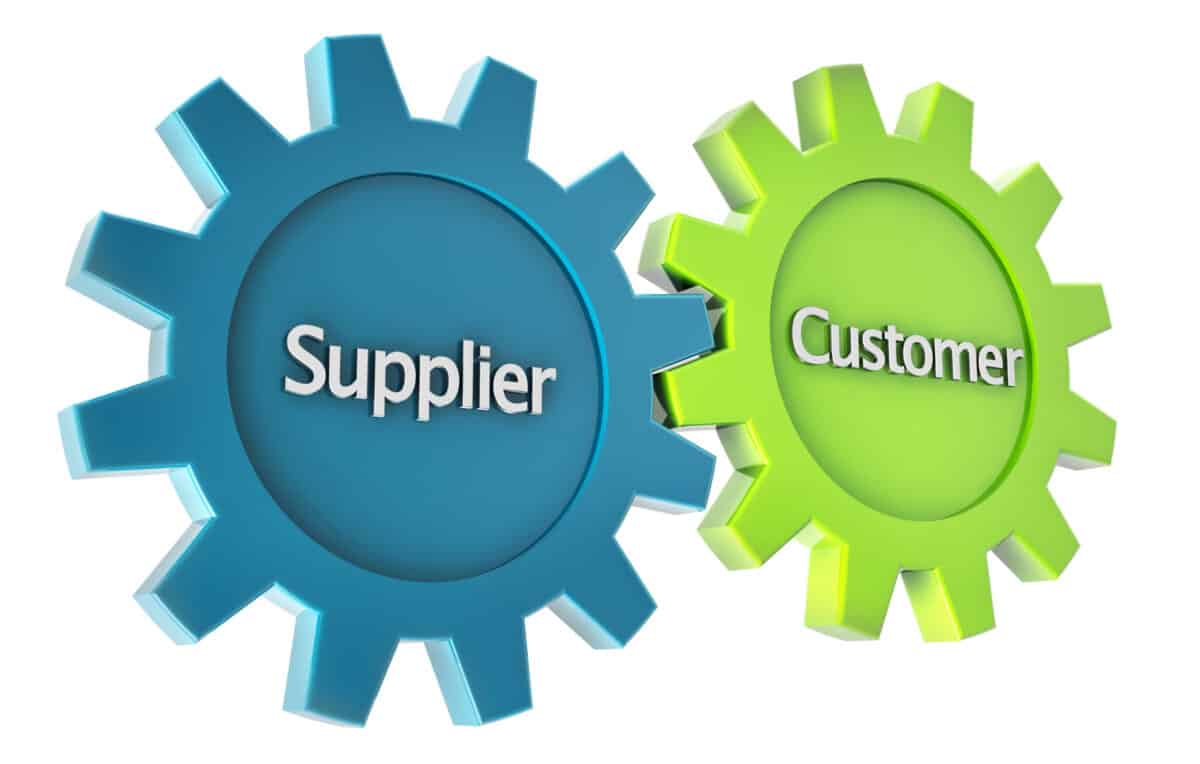
Procurement Specialist Job Description
Procurement Specialist Job Description
Businesses in all industries depend on the expertise of procurement specialists to obtain the products, materials, and services that are needed to conduct operations at an acceptable cost. The importance of procurement management in the sourcing of goods and services can greatly impact an organization’s cost and profit margins.
Similar Job Titles
- Purchasing Specialist
- Buyer
- Procurement Analyst
- Purchasing Analyst
- Purchasing Agent
Procurement Specialist Position Overview
A Procurement Specialist manages the ordering process and is responsible for ensuring timely orders and deliveries of materials and services in order to ensure that customer requirements are met. Procurement specialists build vendor relationships to secure the best prices on products for their company.
The main duties of a procurement specialist include locating key suppliers, negotiating the company’s purchasing agreements, and planning and creating purchase orders (POs) to maintain adequate material flow based on forecasting. This includes following through POs to ensure timely deliveries, accurate receipts, and resolution of any supply issues to prevent material shortages or delays.
An effective Procurement Specialist develops efficient procurement solutions and supports senior management with the development and implementation of sourcing strategies. This role requires excellent communication skills, strong analytical skills, and knowledge of the company’s Enterprise Resource Planning system.
Additionally, a procurement specialist may track inventory and restock goods when needed, depending on the size of the company. This role can also require an awareness of industry trends and new products as it relates to working with demand planners and forecasters for future needs.
General Activities:
- Researching – Procurement specialists evaluate and compare products and services to determine which best meet the organization’s needs.
- Cost Analysis – Obtaining goods at the right costs can determine whether a company achieves profitability. Cost is also a factor when setting prices for the company’s products or services, which must be in line with what the market will support.
- Inventory Control – The procurement specialist may oversee the inventory of raw materials or other goods and places orders when supplies run low.
- Negotiating Contracts – Negotiation is a primary activity of a procurement specialist. After securing the best pricing, terms and delivery options for each product or service, the procurement specialist settles the contract.
- Projecting Future Needs – Procurement specialists manage current needs while strategizing with various departments and suppliers to ensure the organization’s future needs are met without disruptions.
Some core responsibilities of a Procurement Specialist include:
- Planning, creating, and processing timely requisitions and purchase orders for raw materials, sub-assemblies, and finished goods
- Tracking orders
- Ensuring on-time deliveries
- Working with Quality Assurance for inspection upon delivery to ensure orders are filled correctly and that goods meet specifications
- Developing strong relationships with key suppliers and measure suppliers’ performance based on cost, quality, delivery, and service level
- Communicating with suppliers daily and organizing meetings and projects as needed to resolve supply issues
- Working with other internal departments such as finance, sales, and operations to resolve issues and concerns
- Initiating corrective actions on bad materials and following through the resolution with suppliers
- Researching and identifying prospective suppliers of assigned categories
- Analyzing industry and demand trends
Required and Desired Skills
Some of the key skills that a successful employee in procurement must have are:
Strategic Thinking – An ability to focus on strategic forecasting
Analysis – An understanding of different markets and how they operate, constantly looking out for risks, key trends, competition, and other factors
Supplier Relationship Management – An ability to develop and maintain trusting and positive relationships with suppliers in order to retain great clients and to take advantage of benefits
Technology – Being adept using technology to manage procurement in order to stay in front of upcoming changes
Teamwork – An ability to develop and nurture good working relationships with colleagues in other departments by collaborating and working toward the common goals
Hard Skills
- Speaking clearly
- Listening and asking pertinent questions
- Reading and understanding work-related materials
- Writing clearly so others can understand
- Analyzing ideas and using logic to determine relevance, strengths, and weaknesses
- Ability to judge costs and benefits of a possible action
- Following guidelines to arrange objects or actions in a certain order
- Developing rules that group items in various ways
- Choosing a mathematical method or formula to solve problems
- Adding, subtracting, multiplying, and dividing quickly and correctly
- Managing time
Soft Skills
The soft skills that are most useful enable the specialist to motivate people, develop relationships, and show leadership. Communication is the most important soft skill, especially for someone in a management role.
- Developing relationships
- Excellent written and verbal communication
- Influencing others
Desired Skills
- Strategic thinking experience
- Supply chain experience working on complex procurements or related experience in strategic sourcing and subcontract management
- Strong analytical skills and the ability to apply critical thinking in every step during the sourcing process
- Experience with price analyses, source selection and justification
- Microsoft Office
- SAP experience
Required Education
Most procurement specialists have at least a bachelor’s degree in disciplines such as economics, engineering, business administration, or supply chain management.
A Day in the Life of a Procurement Specialist
A typical day for a procurement specialist involves researching and comparing products and services from suppliers. Being in frequent contact with vendors and suppliers is a large part of daily activity. As part of communicating with suppliers, the procurement specialist is analyzing options and choosing those suppliers, merchandise and services that will meet customer needs. Negotiating with vendors and working out contract terms is a constant in the daily life of a procurement specialist.
Typical Working Conditions
A procurement specialist typically works in an office and moves to other offices or conference rooms needed for meetings. Some work may involve traveling to industry events or meeting with suppliers.
Technology Enhancements
Technology is a staple in the job of a procurement specialist. Everything from procurement to data analytics is based on technology. Some of the technology trends in procurement are:
- Cloud-Based Procurement Software
- Process Automation
- Data Analytics
- Artificial Intelligence
- Collaboration and Communication Tools
- Mobile Services
Procurement Specialist Salary Range and Benefits
There is a wide range of salaries for a procurement specialist. The range is due to several factors such as education, geographic location, size of organization, specifics of the role, and experience. Generally, based on our research, the salaries for procurement specialists in the U.S. are between $49,000 to $85,000 with the average being $56,000 to $59,000.
